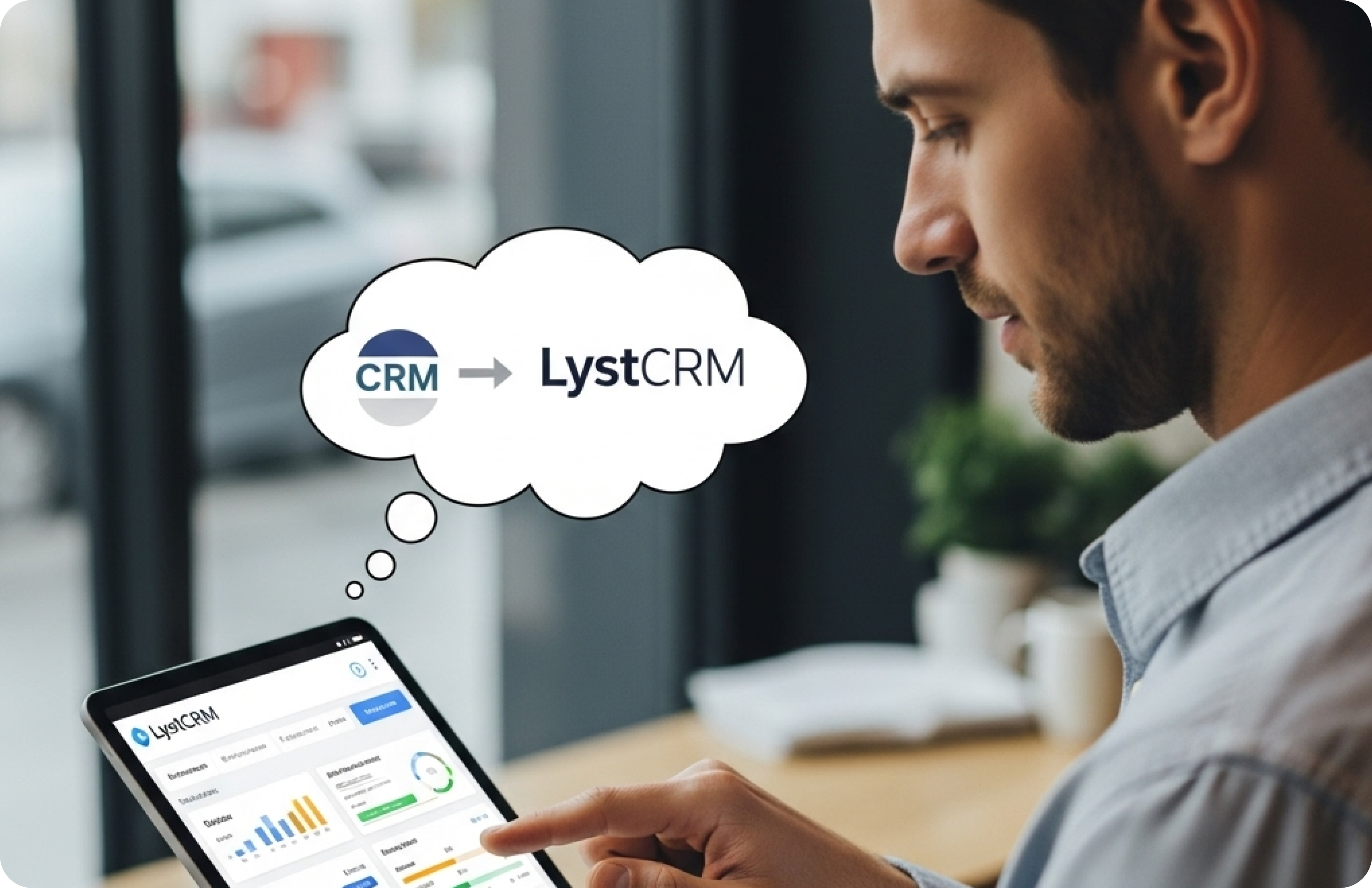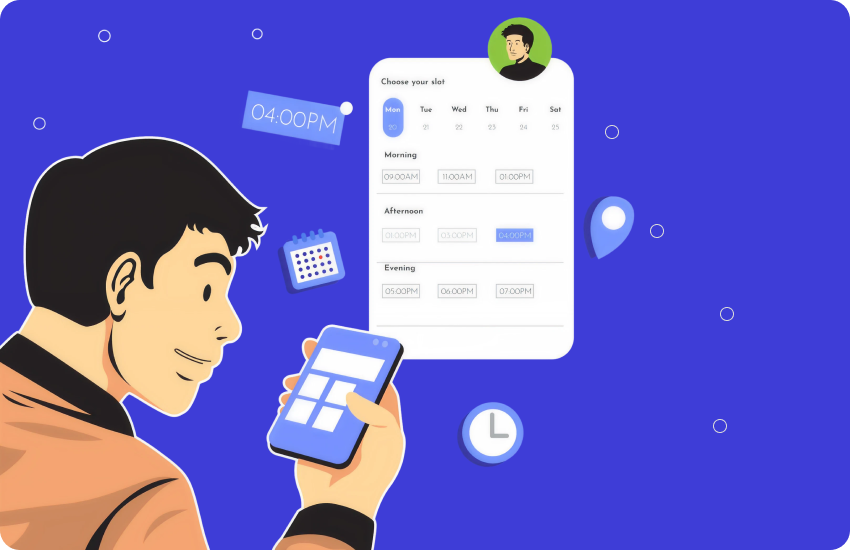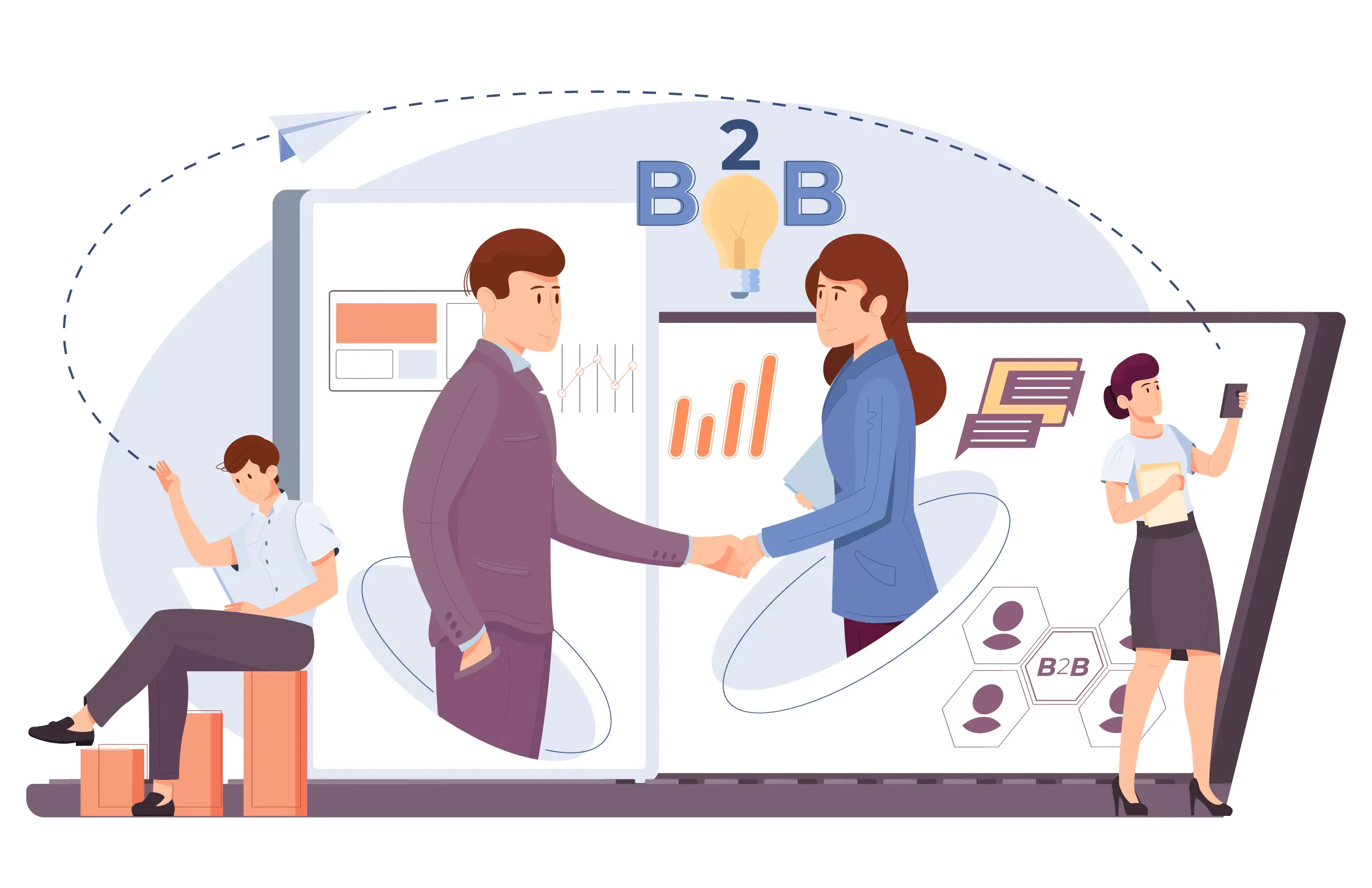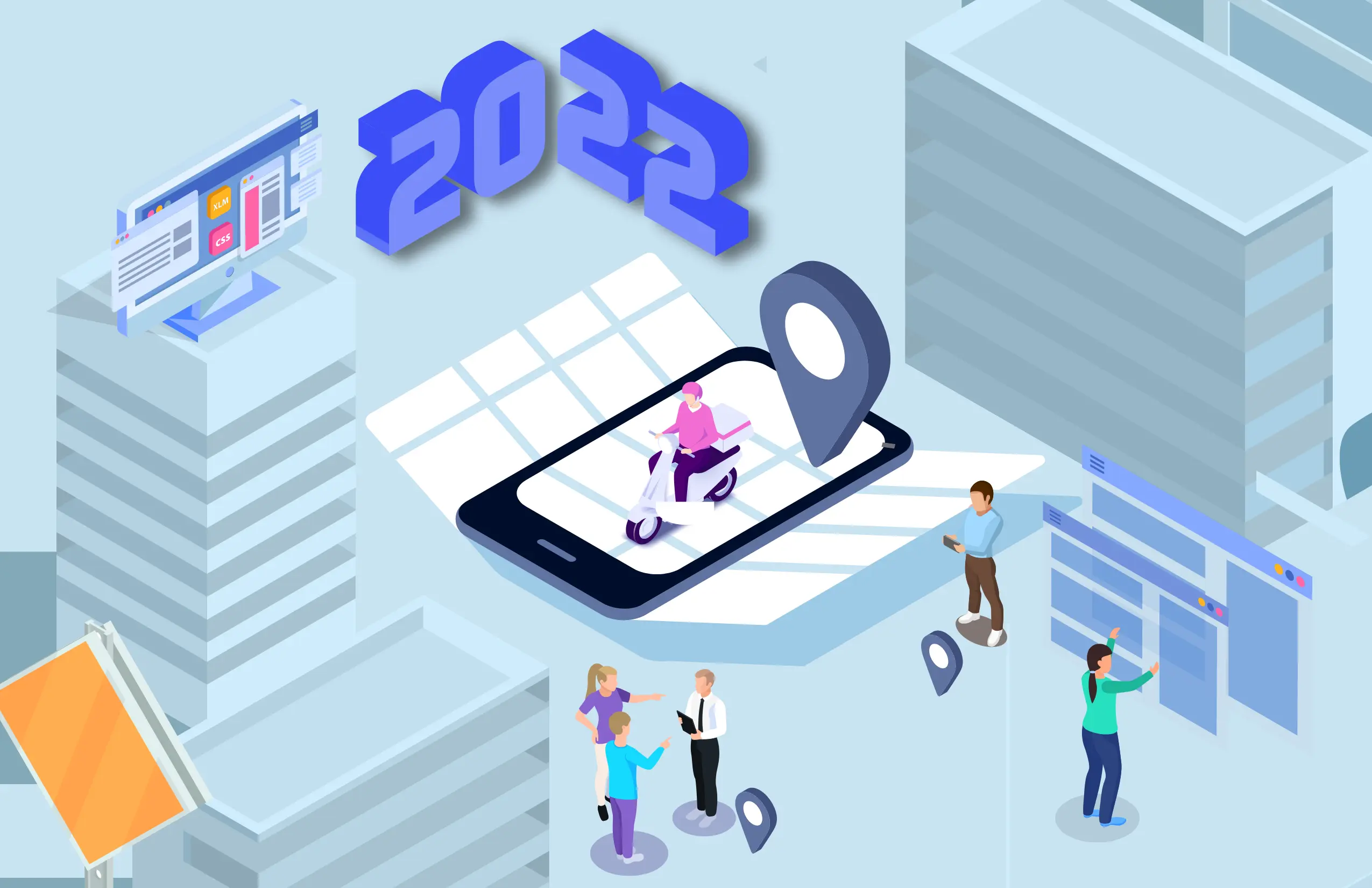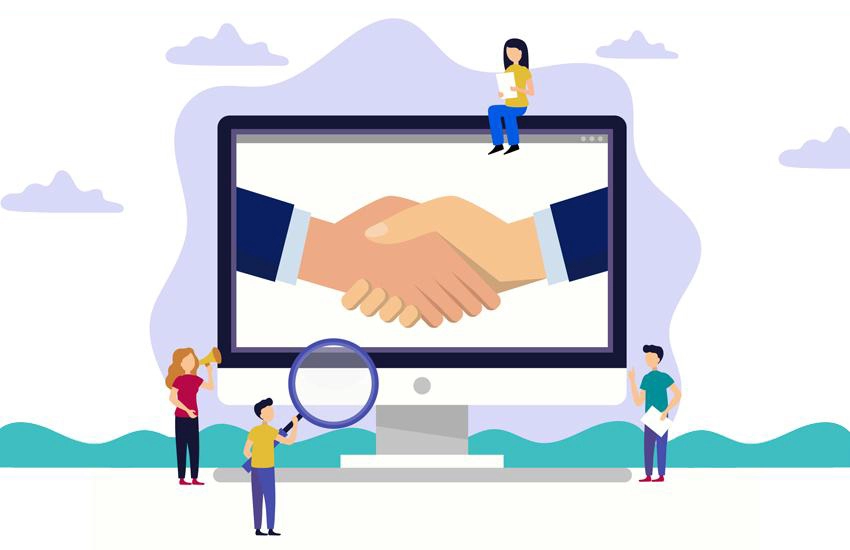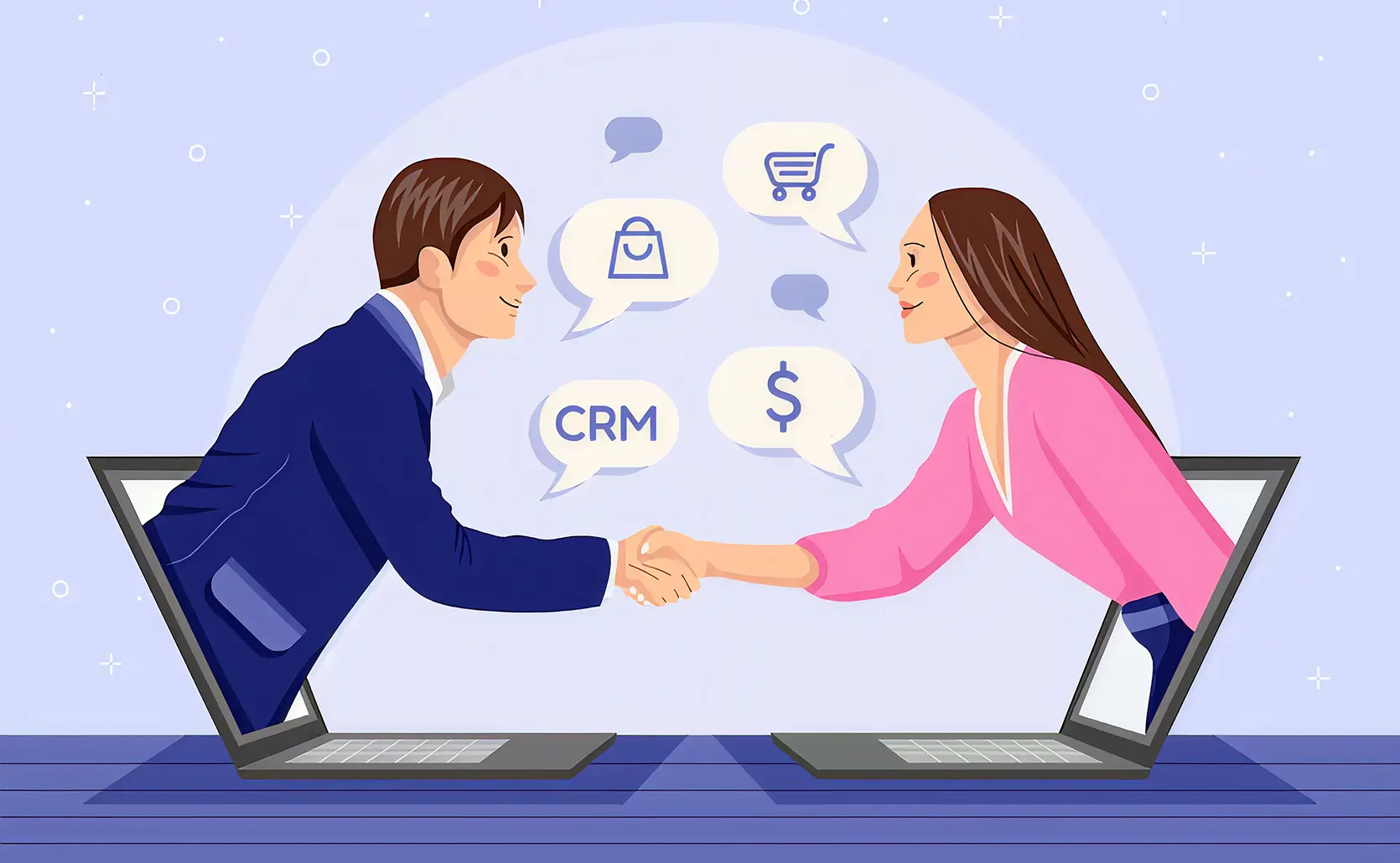
Mobile CRM Vs Traditional CRM, What’s the real difference?
Table of Contents
Over time, the customer relationship management (CRM) industry has seen significant changes, moving from traditional CRM systems to new, more adaptable mobile CRM technologies. While traditional CRMs are usually on-premise systems that are mostly used for tracking sales activity and managing client data, mobile CRMs use cloud technology to offer expanded functionality, increased accessibility, and user-friendly interfaces.
Let’s examine the key difference between mobile and traditional CRM briefly.
What is mobile CRM?
Remote workers and field workers can access customer data and reports from any place by using mobile devices, including smartphones and tablets, with the help of mobile CRM.
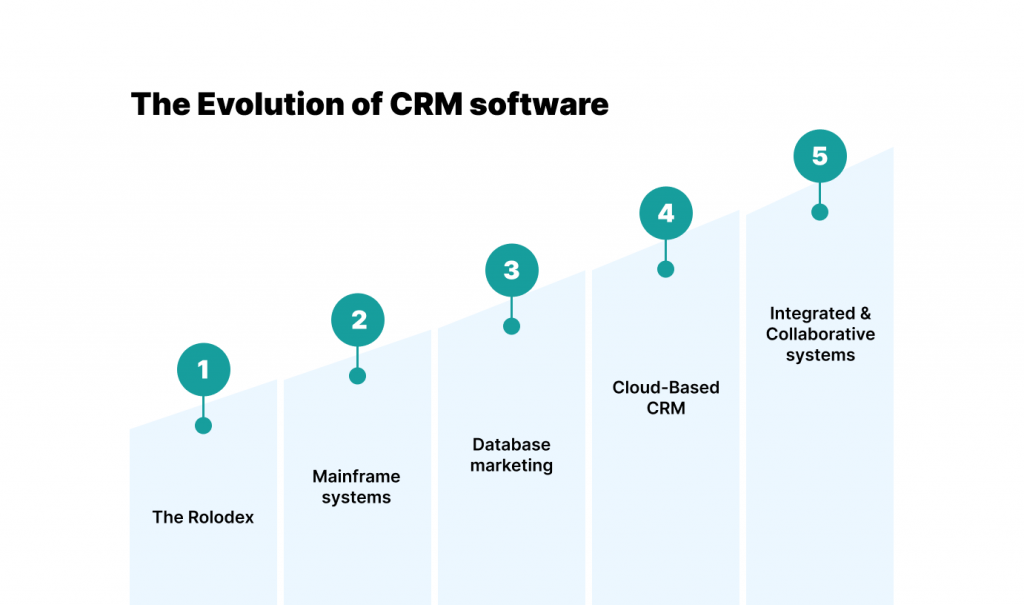
With reduced menus and fewer swipes and clicks due to the small screen size of a mobile device, mobile CRM aims to let employees perform what they would do on a laptop. The most effective CRM software prioritizes user efficiency and simple navigation while maintaining feature sets.
Benefits of mobile CRM
Sales reps may now attend client meetings with CRM data about the client available and in real time, with the mobile CRM, which has been very helpful for departments like sales. New analytics and business intelligence tools have also improved the mobile CRM experience by giving sales representatives instant access to easily readable data that helps them identify areas where they are performing well, identify performance gaps, and more.
By using social networking software to distribute documents and messages, mobile CRM can also facilitate better intra-departmental communication and integration between field workers and the office team. In addition to allowing contractors and business partners to access information without requiring employee login credentials, mobile CRM can open up corporate operations to workers outside of full-time employees. When combined with collaborative tools, mobile customer relationship management allows a wider range of customers to access the company’s operations.
Challenges of mobile CRM
However, because mobile CRM software stores client and customer data on mobile devices, it may pose security problems. Customer account information may be at risk due to stolen phones and tablets.
Data privacy and compliance issues may also arise from mobile CRM data. Companies must establish robust guidelines for handling privacy for all customers and incorporate them into their mobile device management plan.
Considerations for buying mobile CRM software
When purchasing mobile CRM software, factors like security, user experience, ease of deployment, convenience of use, and sophisticated feature sets should be taken into account. Software developers sometimes use a mobile-first approach when creating mobile CRM platforms, which involves creating features for mobile platforms first and then incorporating them into desktop counterparts.
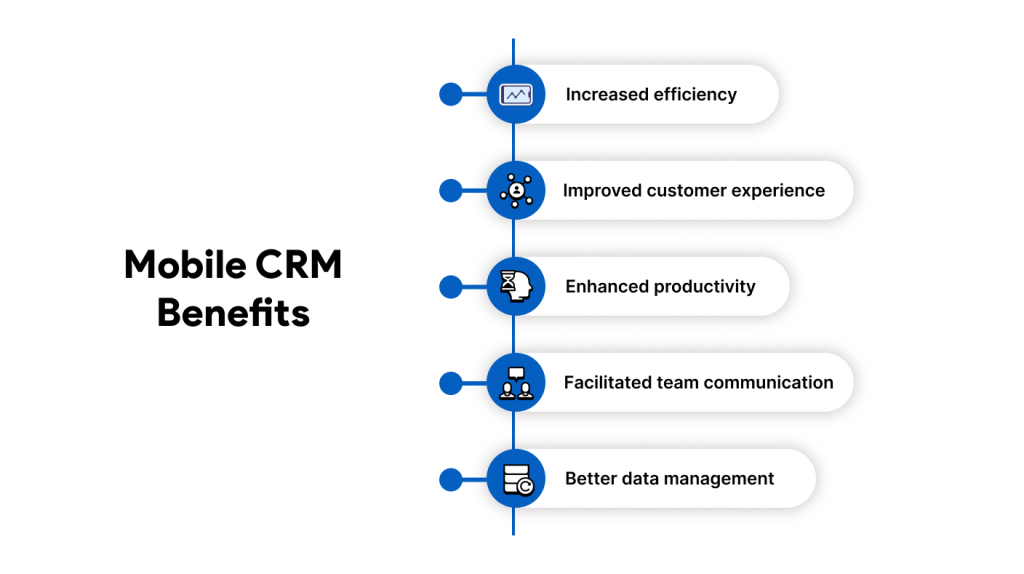
Try LystCRM for better security and a friendly feature set for your business needs.
What are traditional CRM systems?
Companies can manage their relations with both current and potential customers with the use of traditional CRM systems. Enhancing business-customer relationships, assisting in client retention, and boosting revenue are their primary objectives.
These systems often manage activities and workflows, log dealings, and save all customer information in one location. Traditional CRM offers an abundance of functions, which is one of its main advantages. Tools for marketing, customer support, and sales process automation are frequently among them. Strategic planning and decision-making greatly benefit from these systems’ comprehensive perspective of client interactions with the company.
On the other hand, traditional CRMs typically require installation on servers or PCs and can be expensive to start up, as well as to maintain and improve over time to meet the demands of the business and keep it functioning properly. Furthermore, they may require specialized training and can be challenging to use.
Additionally, it can be challenging for team members who frequently work remotely or from different locations to use a typical CRM if there is no proper internet connection.
Pros:
• Comprehensive features: Provides a large number of functions for everything from marketing to sales and other business processes.
• Integration: Easily joins various business tools to create a cohesive system.
• Centralization: This enhances management and organization by centralizing all customer data.
• Detailed analytics: Offers sophisticated capabilities for in-depth examination of consumer satisfaction and sales trends.
Cons:
• Complexity: Needs user training due to its potential complexity and also has problems with mobility.
• Cost: Usually entails significant upfront and continuing expenditures..
• Continuous maintenance: Needs frequent upgrades and upkeep, which may take more time and money.
Traditional CRM vs. Mobile CRM: Key Differences
The following are the primary difference between mobile and traditional CRMs:
📌Infrastructure and accessibility of the system: Traditional CRM systems are usually on-premise, which means they are set up and operated on servers inside the company. On the other hand, cloud-based mobile CRM systems are accessible from any location at any time.
📌Usability and user interface: User interfaces in traditional CRM systems are frequently complicated, making them challenging for certain users to operate. Mobile CRM systems put the user experience first, with user-friendly designs that make them simple to use.
📌 Features and functionality: Mobile CRM systems provide a wider range of features than traditional CRM systems, which are mainly concerned with managing customer data and monitoring sales activity. Advanced analytical tools, social media integration, and artificial intelligence tools are a few examples.
📌 Integration capabilities: Traditional CRM solutions frequently have little ability to integrate with other online platforms. On the other hand, mobile CRM solutions are made to work better with a wider range of online platforms.
📌Cost implications and return on investment: Purchasing and installing software for traditional CRM systems frequently requires a sizable upfront investment, and system upkeep and updates can be costly over time. Mobile CRM systems are commonly subscription-based, and might yield a greater return on investment because of their scalability, cheaper initial costs, and ongoing supplier upgrades and enhancements.
Which is Better, Mobile CRM or Traditional CRM?
The particular requirements and conditions of a business greatly influence the decision between mobile and traditional CRM. Data security requirements, IT resources, budget, implementation schedule, and special feature requirements are all factors to take into account.
A traditional CRM can be the ideal choice for businesses that want total control over their data and have the IT means to run an on-premise solution. On the other hand, mobile CRM systems might be more appropriate for companies looking for more flexibility, wide integration options, intuitive user interfaces, and real-time data accessibility.
